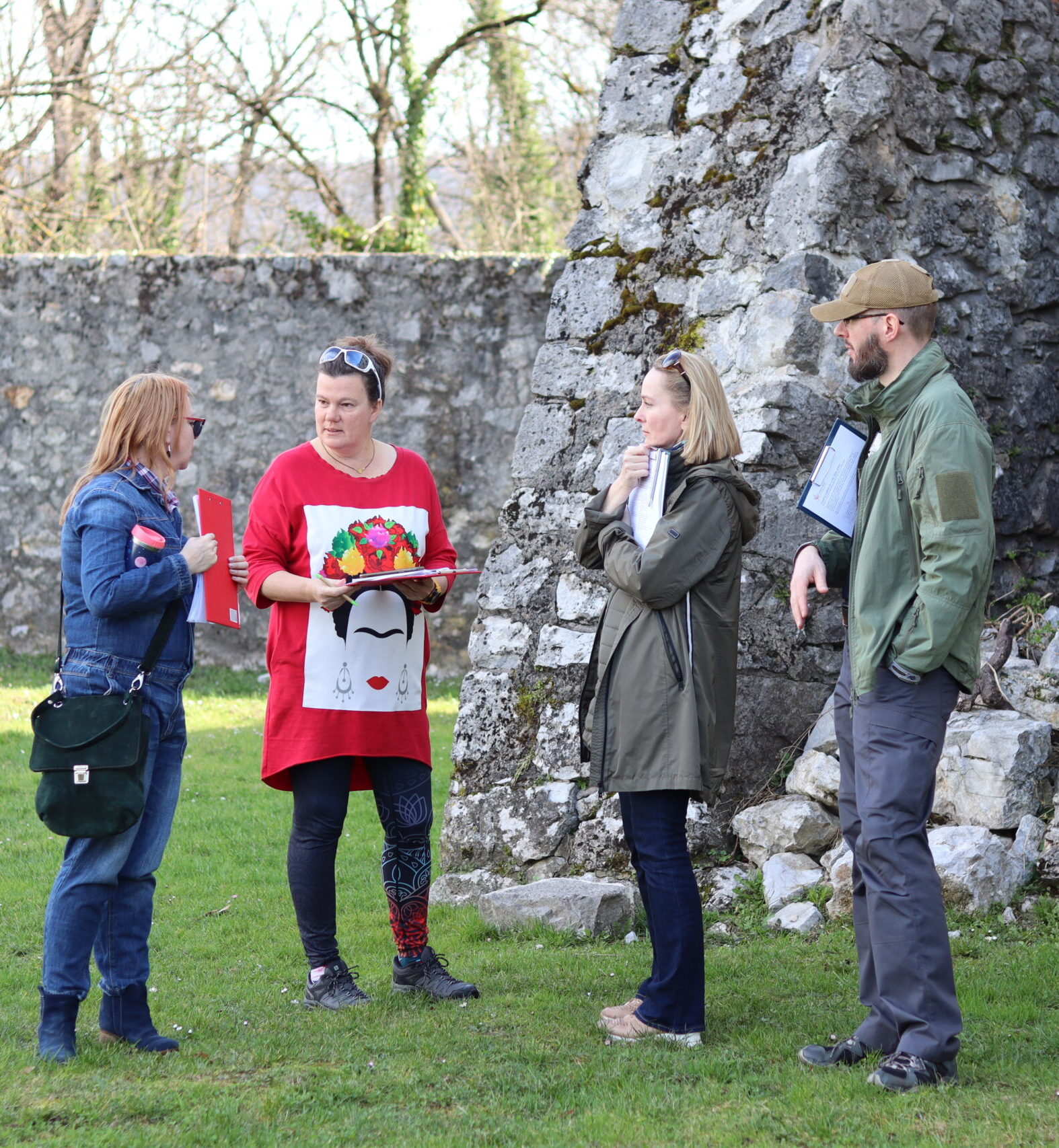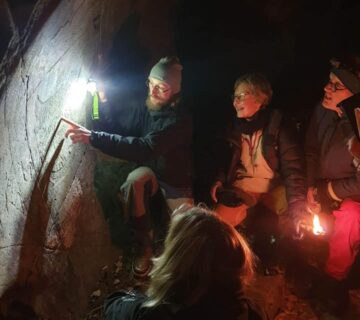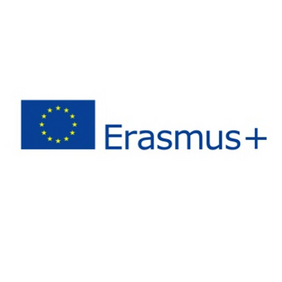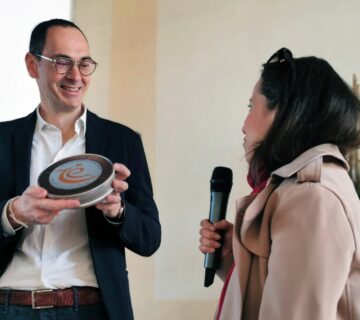For a Polish group of museum employees, heritage interpretation is no longer a fairy tale as they joined an IE course in Ogulin.
March was an exceptional month for the team of the Józef Piłsudski Museum in Sulejówek in many respects. One was certainly the opportunity to go to Ogulin and participate in the Interpret Europe Certified Interpretive Writer (CIW) course organised by Muses Ltd. After two previous groups of museum employees were trained on the Certified Interpretive Guide (CIG) course, the time had finally come for those who wanted to develop their writing skills. What awaited them?
Ogulin greeted our group of eight with beautiful views and friendly smiles from the locals. It is a town situated in the region of the majestic mountain Klek, where, according to legends, witches meet for their rally. The beautiful location of Ogulin, through which the Dobra River flows, running into caves and digging a network of tunnels under the city, is truly delightful. No wonder that it became an inspiration for the work of Ivana Brlić-Mažuranić, one of the most famous Croatian writers. In this way, the town also became the cradle of fairy tales.
The participants of our course also found a lot of inspiration there. Together we walked the nearby park alleys, watched the gorge and the river flowing through it, visited the nearby square with the church and the Frankopan castle, which now houses the Heritage Museum. In the surrounding landscape and historic buildings, we looked for stories that we could convey to the audience in our texts using the tools we learned. We worked both individually and in groups, getting to know each other’s perspective. An important element of each task was its evaluation, including asking questions of the author and providing feedback. Thanks to this, we were able to discover a new approach to our work and set ourselves specific goals for the future.
The course was very intensive, but the programme was varied, which allowed us to work in deep concentration for longer periods. All the time we were under the watchful eye of our trainer, who gave us tips and patiently guided us through the successive stages of initiation into writing our own interpretive texts. Thanks to the presence of friends from Croatia, we had the opportunity to get to know the local culture and delve into the world of legends and myths from Ogulin. In many cases, they became part of our narratives, revealing new meanings and inviting readers to relate to the story.
How did it go for us? What did we learn? We hope a lot! and also hope that our museum audience will soon see that history can become exciting for everyone through our interpretive writing.
The Józef Piłsudski Museum in Sulejówek is a place where the past meets the present. A historic manor house with a surrounding garden sits adjacent to a modern complex, where a permanent exhibition devoted to the life and political thought of Józef Piłsudski – one of the most important people involved in Poland’s regaining independence – was created. Every year, we are visited by guests from various parts of Poland and the rest of the world who are waiting to hear what we tell them. We strongly believe that participation in the CIW course, implemented in our institution thanks to the Erasmus+ programme, will help us make their visit to the museum interesting and more meaningful.
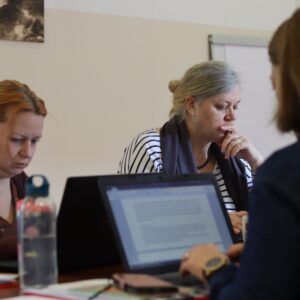
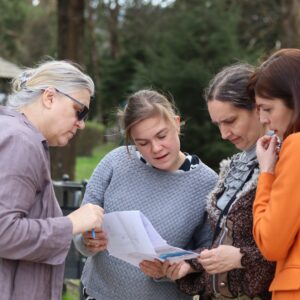
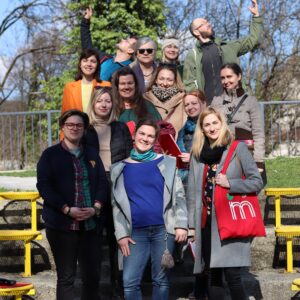
Images: Meri Vesanovic (Muses Ltd) and Iva Klarić Vujović (Muses Ltd)
Julia Janowska is a deputy head of the education department at Józef Piłsudski Museum in Sulejówek, Poland (www.muzeumpilsudski.pl). You can get in touch with her at: j.janowska@muzeumpilsudski.pl.
To cite this article: Janowska, Julia(2023) ‘Heritage interpretation is not a fairy tale‘ in Interpret Europe Newsletter 2-2023, pg.14.
Available online: https://interpret-europe.net/wp-content/uploads/2023/07/Newsletter-2023_2-summer.pdf

